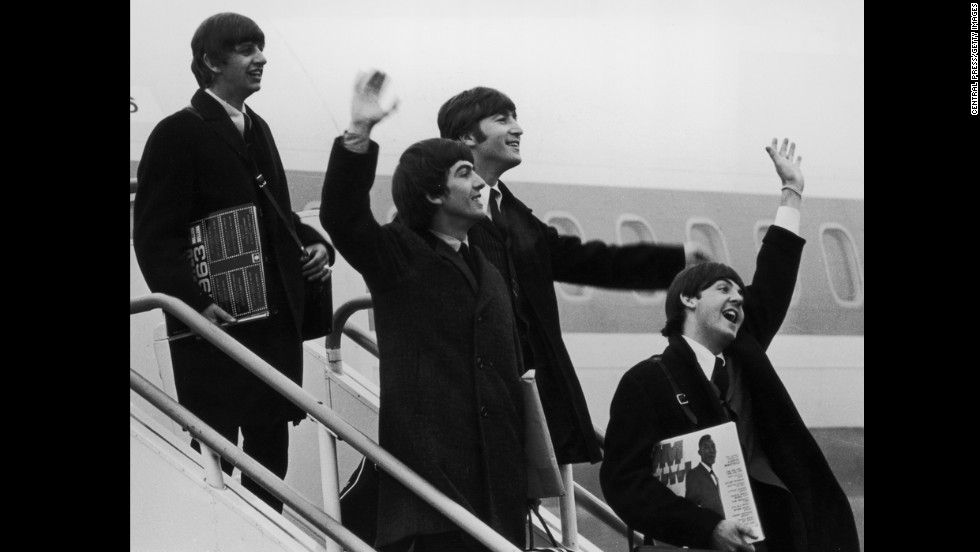Why Isn't There More Responsible Travel?
- Admin

- Feb 8, 2017
- 4 min read

In a 2007 research piece, authors Babu George and Vinitha Varghese wondered why tourism often neglected human rights when they are so fundamental to the industry's sustainable development.
As an illustration, they typed "Human Rights" and "Tourism" into Google Scholar and found only five relevant results showed up.
Today, I did the same search and found 150,000.

Now, only a small fraction of these articles will actually be about tourism and human rights. For example, just ten of the first thirty results explicitly cover both human rights, travel and the connection between the two. But still, the topic is trending.
Similarly, in a 2012 blog for Travellll.com Ethan Gelber asked: "Why Aren’t More Bloggers Writing About Responsible Travel?" He compared writing about responsible tourism to stepping into an expanding vacuum, or the mainstreaming of the alternative. And while the trend takes off, it also encourages a disparaging amount of 'green-washing.' Where companies and writers pick up on the aesthetics of sustainable tourism, but not the ethics.
Scholars Peter Williams and Ian Ponsford make sense of the trend by saying "the buzzword of 'sustainable tourism' are well-worn," but that "the translation of its concepts and principles into actions is slowly progressing."

So while alternative tourism (ecotourism, responsible tourism, volunteer tourism, community-based tourism, etc.) is growing five times faster than the already hugely expanding travel industry, mass tourism still disproportionally dominates. For each new traveller adopting the aware, knowledgeable and reflective travel practices that define conscious travel, there are still literal busloads of new travellers lining up to pet drugged tigers in Thailand.
(Side note: It is also important to recognise that often, alternative tourism options are more damaging to locations and hosts than even their resort-y counterparts.)
Even though we think of travel as a benign adventure, a way to "find ourselves", or simply relaxing on the beach, tourism is the largest industry in the world. The travel industry is bigger than oil, food or cars. It is massive, mostly unregulated, and even conscious or responsible travel are not separate from those facts.
There were 1.161 billion travellers in 2014. The World Travel Organization projects 1.56 billion sightseers in 2020. Probably more.

What does this mean for conscious travellers?
Well, we're all in this together.
In the 70s, a historian named Daniel Boorstein railed against tourists and put them in a category separate, and much lower than 'authentic travellers.' His sentiments have since carried on in pop culture. Us versus them. In Vagabonding, epic slow traveller, Rolf Potts, talks about his habit of grumbling 'I hate tourists," before reminding himself, "wait a minute, I’m a tourist too!"
For years the travel industry has been playing a 'hot potato' blame game over where responsibility lies for sustainable tourism. Ethan Gelber calls it a "circle-jerk of blame." Whatever your metaphor of choice, shifting the burden is the reason why the obvious choice of responsible tourism hasn't fully caught on with governments, operators, destination, or consumers.

Great social change thinkers from Vanessa Andreotti to David Stroh say that we must see ourselves as part of the problem before we can be part of the solution.
Research suggest that in an industry where the 'customer is king,' travellers have an unmatched ability to change tourism.
The demand remains comparatively small but it is growing.
The most powerful change comes from the inside out.
While more eco-options and 'top tips list' are extremely helpful, conscious travel is not a checkbox of things to do or not do. If only it could be that simple! I would very happily sew a gold star onto my backpack and not worry so much while I'm wandering.
But as the dreamy (and also environmentally conscious!) Leo DiCaprio might say...

Conscious travel is a theory, a destination and a process. It is what renegade philosopher Hannah Arendt might call a praxis. A cycle of learning, reflection and action for transformation, both internally and externally.
That kind of inside-out transformation is political, and it is powerful. Transformation, being the most sustainable form of change.
In a lot of our traditional travel stories, from Laurence of Arabia to Walter Mitty, there is an unwilling adventurer, who sets out into the world, saves the day (or learns a lesson) and finishes a hero. Some non-Western writers, and in particular Indigenous storytellers, challenge us to see journeys not as a linear quest but as a spiral.
Reimagining our journeys as a spiral can do amazing things. It spacializes many stories, not just our own, and the relationships between them. It bounds everything up together. It can move ideas from the global to the local, and vice versa. Shakes up our culturally pre-conditioned ways of seeing ourselves and our world.
So the road to more responsible tourism is not a climb, but a spiral. On that spiralling path, we are travelling: inwards, deeper and together.
Sources:
Freire, P. (2000). Pedagogy of the oppressed (30th anniversary ed., M.B. Ramos, trans.). New York: Continuum.
George, B. P., Varghese, V. (2007). Human rights in tourism: Conceptualization and stakeholder perspectives.Electronic Journal of Business Ethics and Organization Studies, 12(2), 40-48
Liu, Z. (2003). Sustainable tourism development: a critique of sustainable tourism. Journal of Sustainable Tourism, 11, 459-475.
Mezirow, J. (1991). Transformative dimensions of adult learning. San Francisco, CA: Jossey-Bass.
Stroh, D. P. (2015). Systems thinking for social change. White River Junction, VT: Chelsea Green.
Williams, P. W. & Ponsford, I. F. (2009). Confronting tourism's environmental paradox: Transitioning for sustainable tourism.Futures, 41(6), 396-404.
World Tourism Organization. (2015). Tourism Highlights. Madrid: WTO.
*This article contains affiliate links. Read our privacy policy, values and resources pages for more information on our affiliate ethics.





































Comments